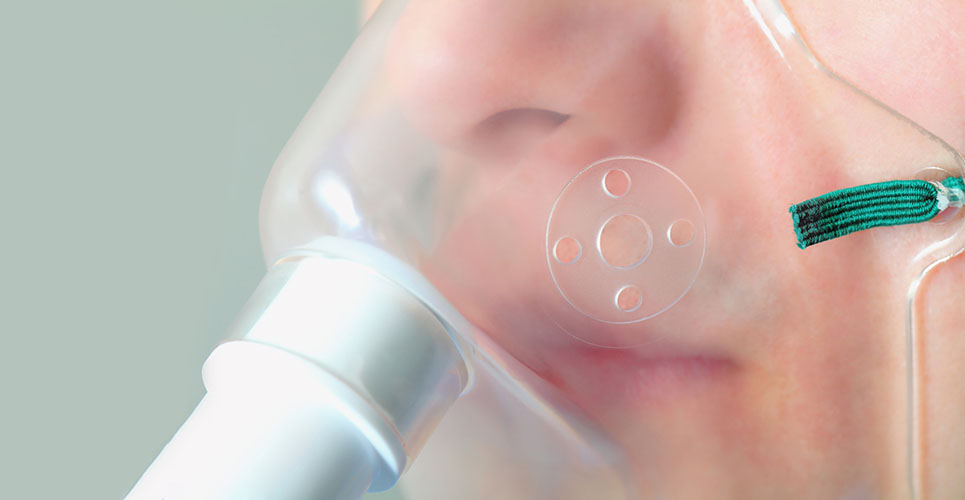World-leading medicinal chemistry and biology at the Universities of Dundee (Scotland) and Cape Town (South Africa) have been allied to the industrial expertise of the Pharmaceuticals Division of Bayer (Germany), one of the world’s leading pharma companies, in an effort to develop critically needed new treatments for tuberculosis (TB).
World-leading medicinal chemistry and biology at the Universities of Dundee (Scotland) and Cape Town (South Africa) have been allied to the industrial expertise of the Pharmaceuticals Division of Bayer (Germany), one of the world’s leading pharma companies, in an effort to develop critically needed new treatments for tuberculosis (TB).
The collaboration combines some of the world’s best knowledge on TB biology, drug discovery and medicinal chemistry, with access to an industrial library of chemical compounds.
All three partners in the new collaboration are already members of the Tuberculosis Drug Accelerator (TBDA), a programme launched in 2012 and funded by the Bill & Melinda Gates Foundation, and which aims to identify novel therapies to reduce significantly the treatment time for TB. The tripartite collaboration between Bayer, the University of Dundee, and the University of Cape Town (UCT) will optimise hits from the Bayer compound library that were identified within the TBDA programme, with the goal of developing them into potential preclinical drug candidates.
TB remains one of the deadliest infectious diseases in the world. Each year, 1.5 million people globally die from TB (a death every 21 seconds), with over nine million falling ill from the disease, mainly in developing countries. Although effective, current first-line therapies for TB are considered inadequate owing to the fact that they take up to six months to cure patients. The long treatment regimen contributes to high rates of treatment default, leading to increased disease transmission, drug resistance, and death.
The Drug Discovery Unit (DDU) at the University of Dundee and UCT’s Drug Discovery and Development Centre (H3D) are two of the leading centres in academia for drug discovery globally, particularly relating to diseases across the developing world. Both are funded by the Bill & Melinda Gates Foundation, with DDU additionally funded by the Wellcome Trust. Notably, scientists at both DDU and H3D recently announced the separate discovery of new antimalarial compounds.
“TB is one of the world’s biggest killers, particularly across the developing world, and there is a pressing need to find improved drugs to tackle the disease,” said Dr Simon Green of the Drug Discovery Unit at the University of Dundee.
“The collaboration with UCT and Bayer will expand our TB effort, taking us from early stage drug discovery to more advanced design, synthesis and testing to identify potential drug candidates”, said Professor Paul Wyatt, Director of the Drug Discovery Unit.
In addition to H3D, UCT is home to the Institute of Infectious Disease and Molecular Medicine (IDM), which, since its establishment in 2005 has attained a reputation as a global leader in TB and HIV research with an extensive network of national and international collaborations. The partnership with Bayer and Dundee will rely on the Molecular Mycobacteriology Research Unit (MMRU) – which is funded by the South African Department of Science and Technology and the South African Medical Research Council, among others – for TB biology assays and expertise.
Professor Valerie Mizrahi, Director of the IDM and the MMRU, and Associate Professor Digby Warner, member of the IDM and MMRU, both agree, “Our long-term vision has always been for South Africa, a country with a massive burden of TB, to become a significant contributor along the entire drug discovery and development pipeline, ultimately leading to the introduction of more effective anti-TB drugs in the clinic. This collaboration with Bayer and Dundee offers an exciting opportunity for us to contribute, in a meaningful way, towards realising that goal.”

